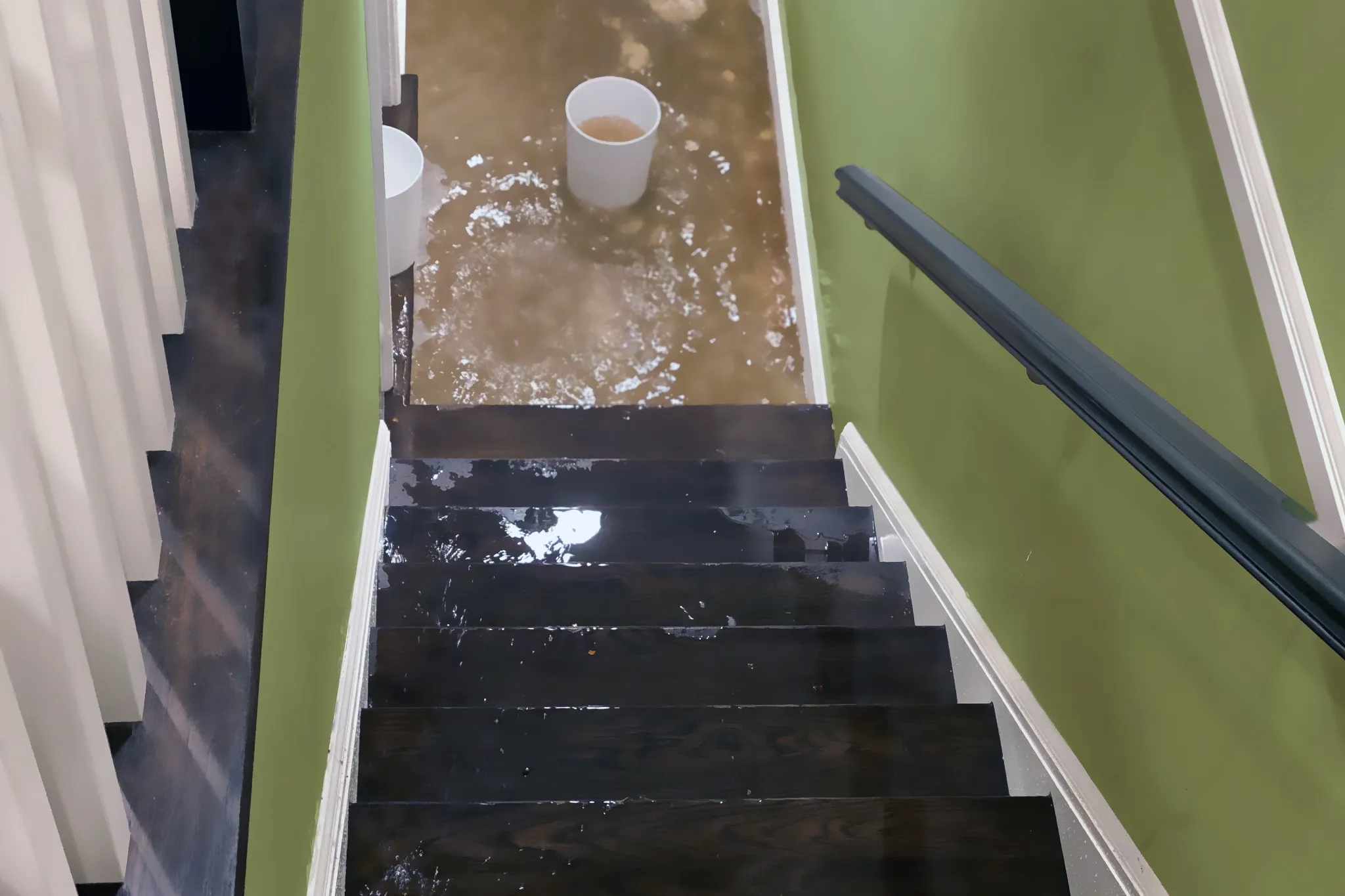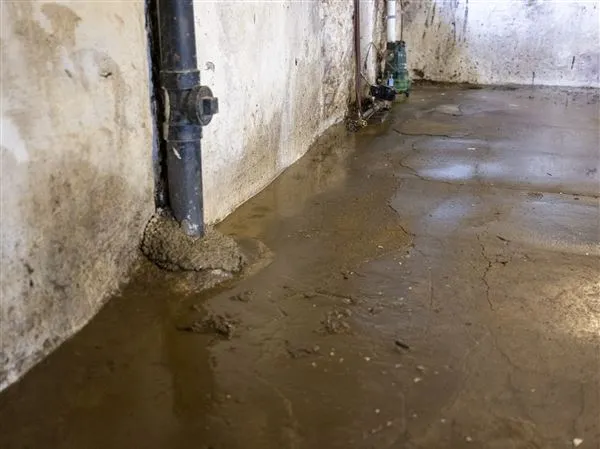
25 May How to Keep Your Basement Dry After Rain in Pittsburgh
Rain can cause significant damage to your home, particularly in the basement. Keeping your basement dry after rain is essential to preventing water damage, leaks, and mold growth. Continue reading for more information on how to keep your basement dry after it rains.
Why Pittsburgh Homes Are Prone to Wet Basements
Pittsburgh receives a significant amount of rain, which can cause saturated ground and persistent moisture that seeps into your basement if you don’t have effective interior basement waterproofing.
Second, the soil around Pittsburgh is clay-rich and has poor drainage properties. As a result, during rain or snow, the clay slowly absorbs and retains water, keeping moisture close to the foundations.
The city’s structure, which features numerous slopes and hills, exacerbates the problem by causing water to flow downhill and pool around foundations, particularly during heavy rainfall.
Many homes in Pittsburgh, particularly those in the historic district, are older, which means they often lack modern home protection, such as interior and exterior drainage systems or proper foundation coatings, making them more susceptible to water penetration and wet basements.
How to Keep Your Basement Dry

So, how do you keep your basement dry after rain in Pittsburgh?
First, Contact AquaGuard
The first step is to have your home’s waterproofing systems professionally upgraded. Our team will install a top-tier basement waterproofing system to ensure your home is well-protected during heavy rain or snow, preventing issues from arising.
Do not wait until it’s too late; contact our team today to get your basement the protection it requires!
What To Do If Water Leaks Into the Basement After Rain
Safety First
If you suspect a water leak in your basement, prioritize safety above all else. Remember that water and electricity are a deadly combination.
If you are ever in doubt, call in the professionals who have all the skills and equipment to complete the job safely.
Identify the Source
Once the safety aspects are cleared, inspect your basement and the surrounding areas to identify the source of the leak.
Examine the foundation for cracks, determine whether the gutters are overflowing or clogged, inspect the basement walls and floors for visible entry points, and look for any water pooling outside near the basement. Any of these issues could be the cause of your water leaks.
Dry Out Your Basement
Drying out your basement is crucial to restoring the space to its ideal condition. Wet basements can lead to serious issues, including mold growth and structural damage.
Once the water is removed, use a ventilation system, such as a dehumidifier, to circulate the air and reduce moisture. Alternatively, you can open the windows to ventilate and dry out the space, as dampness can linger.
Protect Your Items and Valuables
Basement flooding can severely damage valuable possessions, such as electronics and important documents. Ideally, store these items in a secure, elevated location to prevent any issues from occurring. However, if you are caught off guard, act fast. Promptly relocate undamaged belongings to a dry area.
 Final Tips and Maintenance Reminders
Final Tips and Maintenance Reminders
Rain can create a problematic situation in your home, especially in areas such as the basement. If your home doesn’t already have an effective waterproofing system in place, contact AquaGuard.
Furthermore, after heavy rain, immediately monitor your basement for signs of leaks and other damage. Early detection prevents significant damage, which can be both stressful and costly.
Let AquaGuard be your solution! Regardless of the issue, our comprehensive waterproofing services will address it.



Sorry, the comment form is closed at this time.